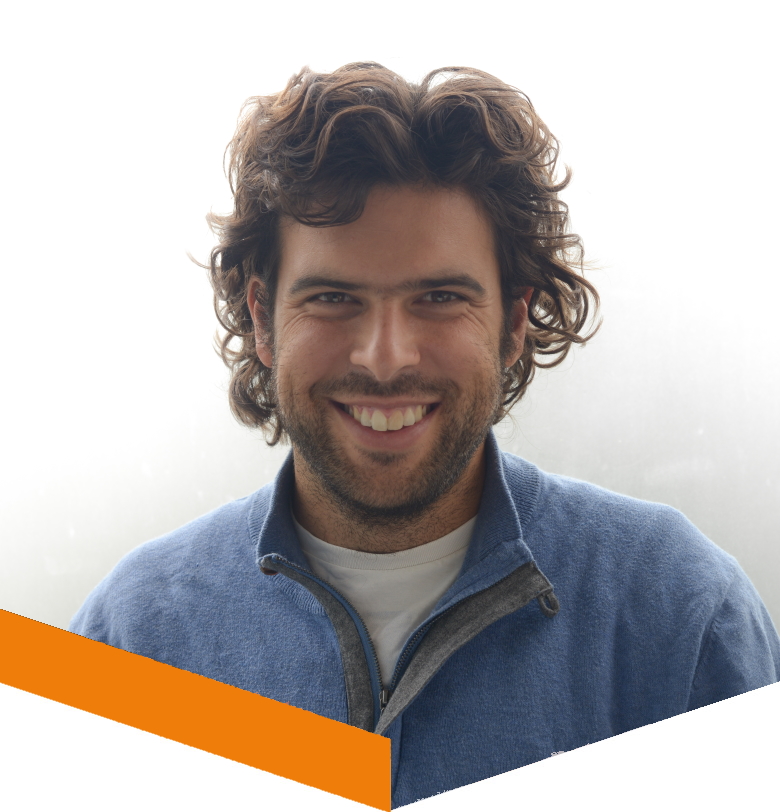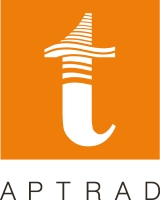
PABLO ROMERO FRESCO
LECTURE: INTERLINGUAL RESPEAKING: WHERE ACCESSIBILITY MEETS TRANSLATION
LECTURE: CREATIVITY IN MEDIA ACCESSIBILITY: THE WIDER PICTURE
BIO
Pablo Romero Fresco is Ramón y Cajal researcher at Universidade de Vigo (Spain) and Honorary Professor of Translation and Filmmaking at the University of Roehampton (London, UK). He is the author of the books Subtitling through Speech Recognition: Respeaking (Routledge), Accessible Filmmaking: Integrating translation and accessibility into the filmmaking process (Routledge) and the editor of The Reception of Subtitles for the Deaf and Hard of Hearing in Europe (Peter Lang). He is on the editorial board of the Journal of Audiovisual Translation (JAT) and is currently working with several governments, universities, companies and user associations around the world to introduce and improve access to live events for people with hearing loss. He has collaborated with Ofcom to carry out the first analysis of the quality of live subtitles on TV in the UK and is working with the Canadian Radio-television and Telecommunications Commission (CRTC) on a similar project in Canada. His Accessible Filmmaking Guide is being used by many international public broadcasters, universities and producers to introduce a more inclusive and integrated approach to translation and accessibility in the filmmaking industry. He is the leader of the international research centre GALMA (Galician Observatory for Media Access), for which he is currently coordinating several international projects on media accessibility and accessible filmmaking, including “ILSA: Interlingual Live Subtitling for Access”, funded by the EU Commission. Pablo is also a filmmaker. His first documentary, Joining the Dots (2012), was screened during the 69th Venice Film Festival and was used by Netflix as well as film schools around Europe to raise awareness about audiodescription.
ABSTRACT
INTERLINGUAL RESPEAKING: WHERE ACCESSIBILITY MEETS TRANSLATION
For the past 30 years, real-time captioning has enabled millions of people with hearing loss to access live TV programmes and events through same-language captions. Based on the results of the EU-funded project ILSA, this presentation focuses on interlingual real-time captioning, a new development that requires a combination of interpretation and captioning skills. This new form of translation, which provides access to foreign language live programs and events for both people with and without hearing loss, presents exciting opportunities for those professionals working in the areas of translation and accessibility.
CREATIVITY IN MEDIA ACCESSIBILITY: THE WIDER PICTURE
Recent developments such as the increasing collaboration between creators and translators/media access experts and especially an emerging wave of deaf and blind artists working on this area are pointing to alternative and creative ways to look at MA. This presentation aims to analyse this new approach and to look at its wider implications. A discussion will be provided of some current creative MA practices, which will be used to make a distinction between creativity in audiovisual translation (mostly regarded as a bonus) and creativity in MA (presented as a necessary and urgent step in the path towards a wider political aim of inclusion and equality). The presentation will end with a discussion of the impact that these new practices can have on current research, teaching and practice in this area.
